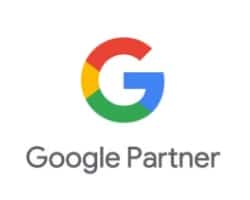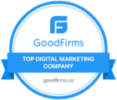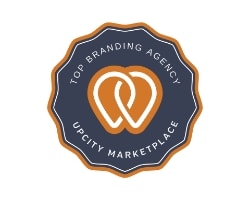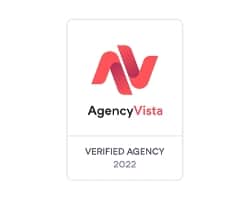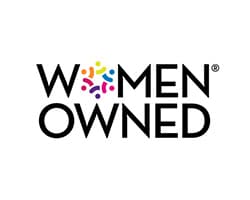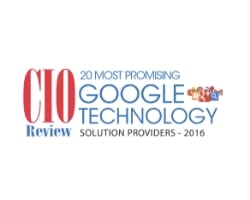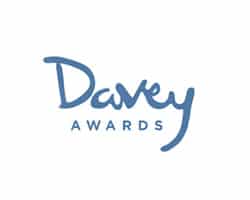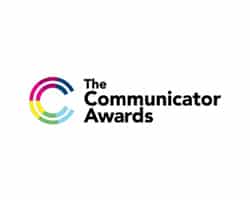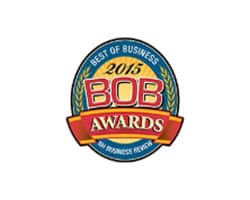Music and jingles have been a part of advertising since the very early stages of mass communication. This is because advertisers know that consumers form an emotional connection to music, much more so than regular text-based advertising. So how exactly does this process work?
Here are a few ways lyrics and songs can be used to advertise your business:
Emotional Persuasion
It is well known that a “feel-good” song can be used to advertise to listeners and associate feeling “happy” with your brand. From a scientific perspective, this is because musical communication creates a deep empathic and neurologic connection in a potential buyer. Due to this, music can be used to evoke an emotional connection in a few different ways.
How to Create Emotional Connections With Music
Use songs to create an emotional connection with your target audience through positive associations with your brand. Although positive music is not required to create a successful advertisement, the basic rule of thumb is to use music that reflects the emotion you would like your customer base to associate with your brand. From there you can alter your music to achieve specific goals in many different ways, such as:
- Adding lyrics to specifically mention your brand and build awareness.
- Using well known public domain music to grab the attention of listeners who are familiar with it.
- Creating unique and catchy compositions that separate your brand from the crowd.
- Utilizing tempo to focus on your specific customer base. For example, a fast-paced song may be ideal for an upbeat coffee commercial. In contrast, a relaxing rhythm may work better for a travel agency offering vacation getaway packages.
Instrumental vs Lyrical Content
Both the lyrical and instrumental aspects of music play distinct and powerful roles in the persuasive effect of an advertisement. While both lyrical and instrumental content use music as an advertising tool to make meaningful impressions, there are some key differences between them.
Lyrical Content
Lyrical content can help achieve the “song-stuck-in-head” syndrome that helps engrain a brand within a consumer’s memory. People are far better at remembering things when they can place a beat or rhythm to them. Musically wording a certain message assists brand recall and recognition. Listen briefly to the lyrics in the following advertisement, created by Honda for the 2017 holiday season, to see this effect in action:
This advertisement featured lyrics that were relatable to the customer base Honda was trying to reach, those who needed a family friendly vehicle for traveling and running errands. The catchy beat and the fact that it is rehash of a well-known song make for a memorable advertisement.
Instrumental Content
Instrumental content, on the other hand, is more impactful when it comes to reaching a customer’s emotional side. Note the following two contrasting, yet similarly designed advertisements:
Both use plain-spoken language and an instrumental backdrop. The Army commercial features instrumentation that instills feelings of greatness, empowerment, and strength while the animal shelter commercial uses melancholy instrumentation that invokes sympathy. Both instrumentals work towards the advertiser’s goals of instilling an emotion that encourages action. The actions and messages in these particular cases are joining the military to be part of a greater cause and donating to help animals because of empathy for their condition.
Length
Length is an important factor when it comes to how songs can be used to advertise. Consumers are often faced with multiple forms of media competing for their attention throughout their day. As a result, consumers have very short attention spans when it comes to advertising. Short and to the point is the most successful form of musical content in advertising, so leave your power ballads at home for this one.
Remember, there are many ways to get in touch with your customer base. Using an optimal advertising strategy, specific to your target market, is key to growing your brand and achieving your business goals. If your business is in need of a new marketing plan to promote your brand, contact Jessica Chabot, Vice President, Client Services of Millennium Agency at www.mill.agency.
About Millennium Agency
Millennium Agency is a nationally recognized, top woman led B2B branding, positioning, and digital marketing firm who knows how to create value that emotionally influences your customer’s buying decision, giving you the competitive advantage. As your trusted partner in B2B software technology and manufacturing, we provide the branding and positioning framework that make an impact – so you can focus on what you do best – run your business successfully. With offices in Boston and New Hampshire, and a worldwide presence, the professionals at Millennium Agency would like to learn more about your business. Visit www.mill.agency or book time here.



